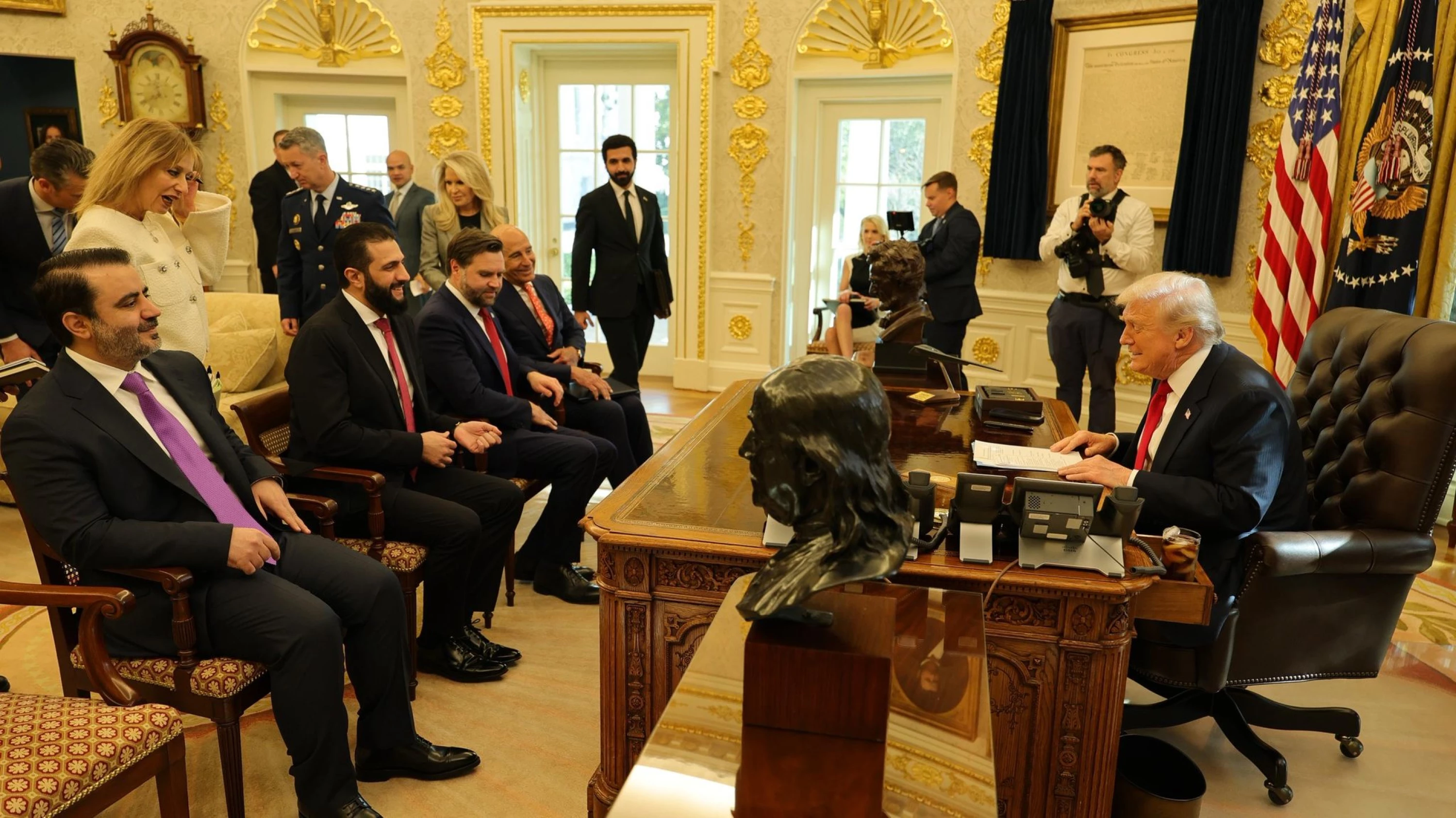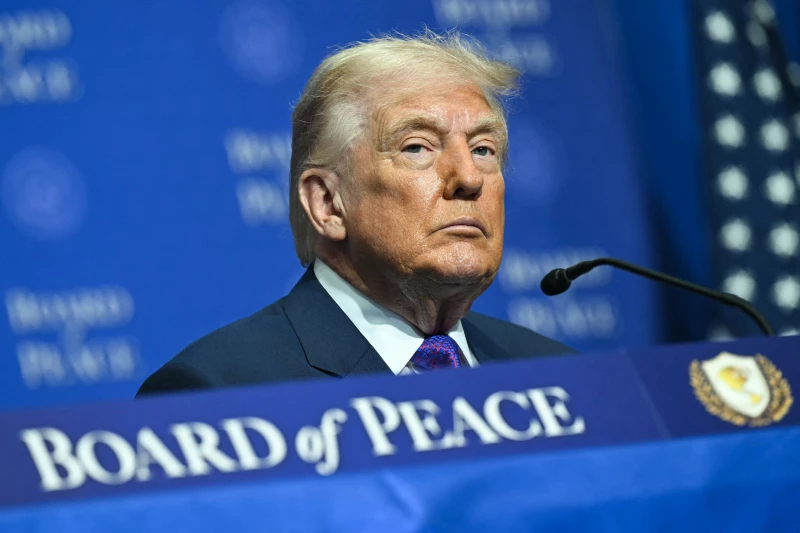ERBIL, Kurdistan Region of Iraq - Monday's seminal meeting between Syrian President Ahmed al-Sharaa and US President Donald Trump in the White House saw discussion of sanctions relief, economic development and reconstruction, and the integration of the Kurdish-led Syrian Democratic Forces (SDF) into the Syrian military, Syria's foreign ministry said.
Stressing the "friendly and constructive atmosphere" present during the proceedings, the Syrian foreign ministry asserted that Trump "expressed his admiration for the new Syrian leadership and the Syrian people, praising Syria's efforts in successfully leading the previous phase and the achievements made in liberating and restoring stability throughout the country."
The US president also expressed Washington's "readiness to provide the necessary support that the Syrian leadership needs to ensure the success of the reconstruction and development process in the coming phase," emphasizing the importance of removing sanctions on Damascus to "facilitate development opportunities and attract investment."
The US Department of the Treasury, following the meeting, announced that Washington will temporarily suspend “the imposition of Caesar Act sanctions in part for 180 days” on Damascus as part of its continued commitment to sanctions relief for Syria.
The Caesar Syria Civilian Protection Act of 2019 was a US sanctions system that targeted the Syrian government and those involved in business with Damascus, cutting the country off from the global economy. The law was enacted during the rule of the deposed Baathist regime under Bashar al-Assad.
The foreign ministry stated that the respective delegations agreed to proceed with the implemenation of the March 10 agreement signed between Sharaa and SDF Commander-in-Chief Mazloum Abdi, which seeks to bring the Kurdish-led forces, who have been vital US allies in the fight against the Islamic State (ISIS), into the fold of Damascus.
The statement claimed that the move would come "within the framework of unifying institutions and strengthening national security."
Despite the existence of the agreement, the SDF and Syrian state forces have repeatedly clashed in recent months, with both sides trading blame for myriad skirmishes and violent incidents. The clashes come amid a rejection of Sharaa's centralizing policies and the autonomy enjoyed by northeast Syria (Rojava) and its Kurdish population, with other minority groups such as the Druze and Alawites having faced sectarian violence perpetrated by Damascus' forces since Sharaa's ascension to power.
The SDF in late October submitted a list of its commanders to the US-led global coalition for integration into the Syrian army.
During an event earlier this month celebrating the 10th anniversary of SDF’s founding, Abdi stated that the Kurdish forces will play “a great role” in the to-be-formed Syrian army and will “strengthen it.”
"The US side also affirmed its support for reaching a security agreement with Israel aimed at enhancing regional stability," the Syrian statement regarding Monday's meeting added.
According to the Syrian foreign ministry, a working group including Syrian Foreign Minister Asaad al-Shaibani, US Secretary of State Marco Rubio, and Turkish Foreign Minister Hakan Fidan was held on Trump's instruction "to follow up on the agreements reached between the two presidents and establish clear implementation mechanisms."



 Facebook
Facebook
 LinkedIn
LinkedIn
 Telegram
Telegram
 X
X


